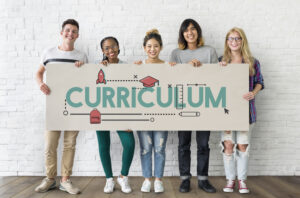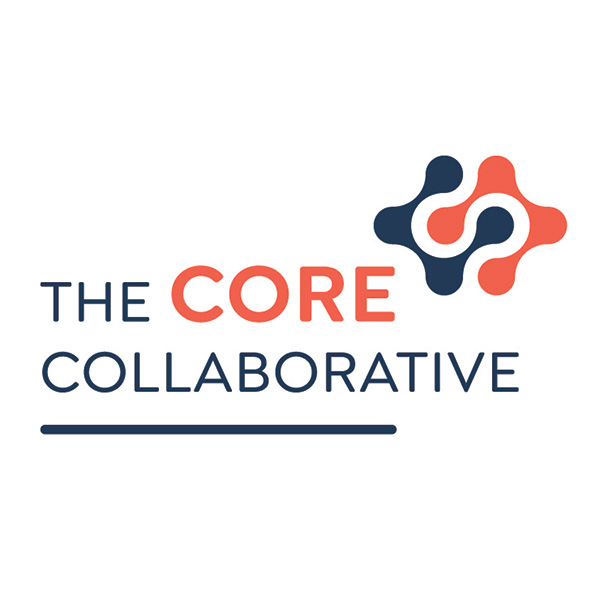In today’s diverse and interconnected world, education must evolve to embrace the needs of every learner. A truly effective learner-centered curriculum should not only foster academic excellence but also be culturally responsive and inclusive. By focusing on learner-centered approaches, advancing culturally responsive and sustaining education, embracing mastery learning, and universal design for learning (UDL), we can effectively close opportunity gaps and empower students to reach their full potential. Moreover, integrating rigorous project-based learning (PBL) can further enhance the educational experience, providing a transformative path towards equitable futures.

Learner-Centered Curricula: Putting Students at the Center
A learner-centered curriculum places students at the heart of the educational journey. It acknowledges the individual strengths, needs, and aspirations of each learner, enabling personalized learning experiences. By tailoring instruction to accommodate diverse learning styles and paces, educators can create a more inclusive and supportive environment.
Benefits of Learner-Centered Curriculum Design:
- Increased Engagement: When students feel valued and have a say in their learning, they become more engaged and motivated to excel academically.
- Higher Retention Rates: A curriculum that respects students’ unique backgrounds and cultures fosters a sense of belonging and leads to improved retention rates.
- Empowerment and Ownership: Learner-centered approaches empower students to take ownership of their education, boosting their confidence and self-directed learning skills.
- Multi-Tiered Systems of Support (MTSS): Designing a strong system of support enables teachers to collaborate to recognize and address the inevitable differences in experiences, strengths, and performance and make strategic decisions to ensure equity.
Embracing Culturally Responsive and Sustaining Education with Learner-Centered Curriculum
Culturally responsive and sustaining education goes beyond acknowledging cultural differences; it embraces diversity as an asset and integrates students’ cultural identities into the learning process. By promoting inclusivity and fostering cultural understanding, this approach creates an equitable educational landscape.
Key Components of Culturally Responsive and Sustaining Education:
- Culturally Relevant Content: Integrate diverse perspectives and contributions from various cultures into the curriculum to make learning more meaningful for students.
- Inclusive Teaching Practices: Embrace teaching strategies that value students’ lived experiences and create a safe space for cultural expression.
- Community and Family Engagement: Involve families and communities in the educational journey, recognizing the vital role they play in a student’s holistic development.
- Justice: Collaboratively analyze the curriculum to determine when it has or might cause harm and take action to acknowledge and reduce harm and begin healing.
Fostering Deeper Understanding with Mastery Learning
Mastery learning is a pedagogical approach that focuses on ensuring every student achieves a deep understanding of the subject matter before moving on to the next concept. This method emphasizes individualized progress and provides ample opportunities for skill development and knowledge consolidation.
Advantages of Mastery Learning:
- Comprehensive Learning: Students gain a more profound and holistic understanding of the content, laying a strong foundation for future learning.
- Reduce Opportunity Gaps: Mastery learning supports learners who need expert support by reducing opportunity gaps between students of different abilities.
- Lifelong Learning Skills: By prioritizing mastery over grades, students develop the critical thinking, problem-solving, and self-regulation skills essential for lifelong learning.
Universal Design for Learning: Embracing Accessibility and Inclusion
UDL is a framework that promotes the creation of flexible learning environments that cater to diverse learners’ needs. It addresses various learning barriers and ensures that educational content is accessible to all students.
UDL Principles:
- Multiple Means of Representation: Present information in various formats to accommodate different learning styles and preferences.
- Multiple Means of Engagement: Offer diverse opportunities for student engagement to foster interest and motivation.
- Multiple Means of Expression: Provide students with various ways to demonstrate their understanding of the material, catering to individual strengths.
Bridging the Opportunity Gap with Rigorous PBL
Rigorous Project-Based Learning goes beyond traditional teaching methods by engaging students in real-world, complex problem-solving scenarios. This approach fosters critical thinking, collaboration, and creativity while closing opportunity gaps.
How PBL Can Close Opportunity Gaps:
- Real-World Relevance: Rigorous PBL connects classroom learning to real-life situations, making education more meaningful for students from diverse backgrounds and engages learners at all levels of learning (surface-deep-transfer).
- Self-Empowerment and Agency: Rigorous PBL propels students to take charge of their learning and develop skills that are highly valued in the workforce.
- Building Cultural Competence: Collaborative Rigorous PBL learning experiences promote cultural competence by encouraging diverse perspectives and connecting learning to students’ lives and understanding of the world around them.
Let’s Build a Society that Thrives
Designing a learner-centered curriculum that integrates culturally responsive and sustaining education, mastery learning, UDL, and rigorous PBL is key to closing opportunity gaps and creating equitable futures for all students. By valuing diversity, nurturing individual strengths, and fostering inclusive learning environments, we can build a more just and thriving society where every learner has the opportunity to succeed and make a positive impact.


